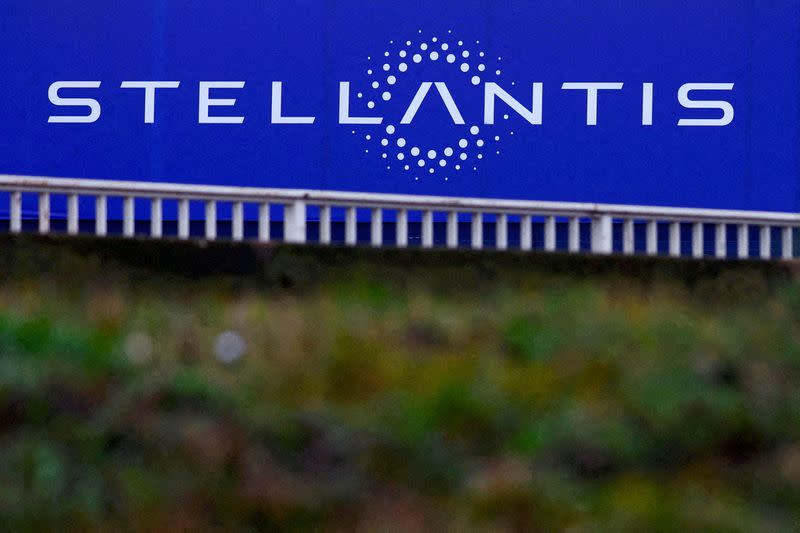Stellantis agrees to build first plant in South Africa

PARIS (Reuters) - Stellantis said on Wednesday it had reached a preliminary agreement with South African authorities to build a production site, its first in the country, by the end of 2025.
Under the deal, the new plant will be set up in one of South Africa's special economic zones, the Franco-Italian carmaker and local authorities said in a joint statement.
"The manufacturing site in South Africa will be a new building block in our industrialization strategy that includes the plan to sell one million vehicles in the region by 2030 with 70% regional production autonomy and will bring us closer to our customers' needs in the region," Stellantis Middle East and Africa (MEA) Chief Operating Officer Samir Cherfan said in the statement.
Stellantis, the world's third largest auto manufacturer by sales and the owner of brands including Fiat, Peugeot, Citroen and Jeep, currently has nine plants in its MEA region, which groups 80 countries including Turkey and Pakistan.
The new plant is expected to produce vehicles for both the local market and for export, a spokesperson for the carmaker told Reuters.
Stellantis earlier this month announced an agreement with its Turkish partner Koc Holding aimed at further expanding their local joint venture Tofas.
(Reporting by Dina Kartit and Gilles Guillaume; writing by Giulio Piovaccari; editing by Tassilo Hummel and Mark Potter)

 Yahoo Finance
Yahoo Finance 